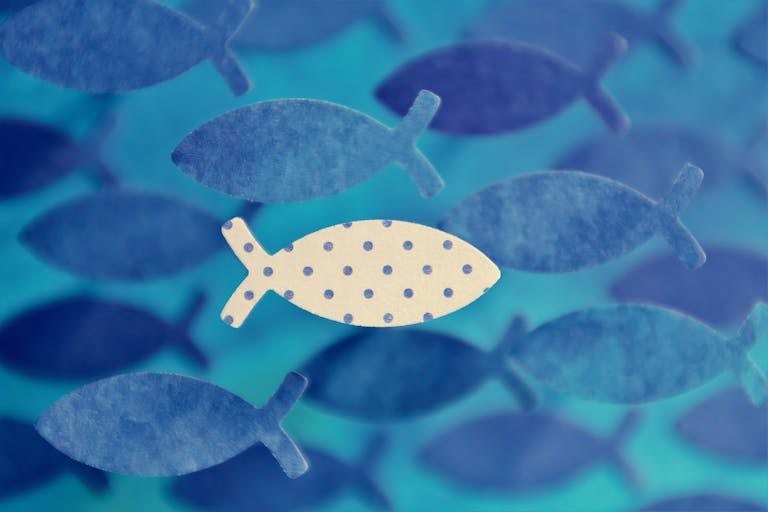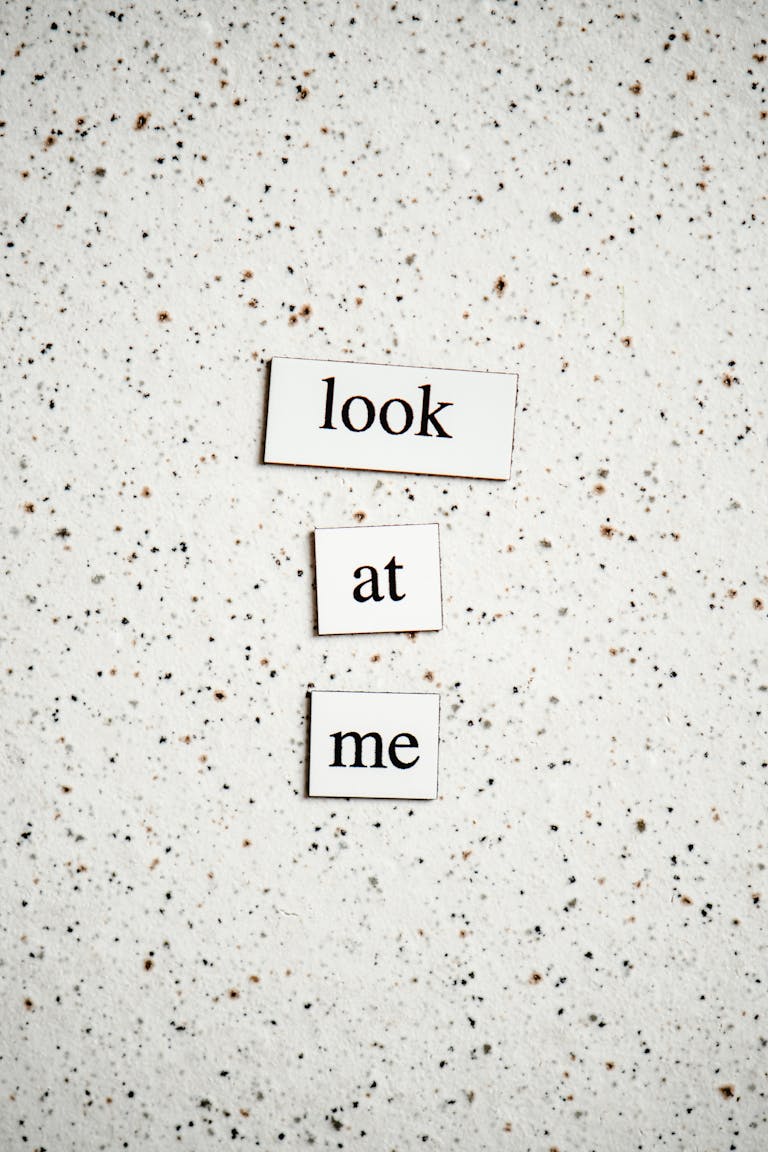Faith, Disability and Bioethics
A Reflection on Faith, Disability, & Bioethics
by Mark Pickens, ADN Field Associate
“For it was you who formed my inward parts; you knit me together in my mother’s womb. I praise you for I am fearfully and wonderfully made. Wonderful are your works; that I know very well. My frame was not hidden from you, when I was being made in secret, intricately woven in the depths of the earth. Your eyes beheld my unformed substance. In your book were written all the days that were formed for me, when none of them as yet existed” (Psalm 139:13-16 NRSV).
The writer of this ancient psalm spent time in deep reflection on the handiwork of God in association with his or her own creative humanity. I suggest that this written illustration is one that we relate to, and continue to grapple with as followers of God.
Change and God’s Promise
“Before I formed you in the womb I knew you, and before you were born I consecrated you; I appointed you a prophet to the nations” (Jeremiah 1:5 NRSV). In the next few verses God informs the prophet that he should not call himself “only a boy” nor should he be afraid because God who has called him, will be with him. Jeremiah prophesies to the people later, “For surely I know the plans I have for you, says the LORD, plans for your welfare and not for harm, to give you a future with hope,” (Jeremiah 29:11, NRSV). These words spoken to God’s people in exile must have been encouraging and uplifting, while at the same time provoking curiosity and anxiety of the unknown. It would have brought more comfort if God was clear and precise about when and how the change would come about, so that they could prepare themselves for the transition.
The same is true for us today. While we rejoice in the promise of God’s presence and comfort through life’s changes, many people face the fear, confusion, of transition. For people with transitioning to new limitations or disabilities, it can be hard to discern what God’s plans are. We try to interpret God’s word from Jeremiah 29:11 in our own context and pray that God will fulfill the same promises for us, today.
In this article, I will discuss some of the ways that medical advancement intersects with Christians’ desire to live faithfully within God’s plan.
Disability diagnosed before birth
Most parents do not become pregnant expecting that they will raise a child with disabilities. New developments in science and technology allow medical professionals to report some disabilities or impairments even before the child is born. More often than not, this information creates thoughts and feelings of fear and anxiety about a parent’s individual future as well as that of their family. These parents often feel caught in ethical considerations. Many parents choose to bear and rear their children and learn how to parent a child who lives with a disability, other parents choose to abort the fetus, and still others put the baby up for adoption.
There can be multiple factors that influence parents’ decisions. Many who know the words of Psalm 139, believe that their unborn child is a living human being and is already a child of God, just as they are. While an illness, impairment, or disability may form the child differently, these mothers and fathers choose to bear and raise their child expecting them to be contributors to their family, society, and the world. Other families however, struggle considering the ethics of bringing a baby to term who may die due to health complications or experience severe pain from living. Would terminating a pregnancy because of serious or severe health risks be considered a gracious act to mother and child as well as the family, or an infraction against God’s plans? Some families question when life begins and what reasonable actions or accommodations may be to assist in keeping babies or children alive.
I don’t intend to provide an answer to these difficult questions, but to promote reflection on how we integrate medical advances with our understanding of disability and faith.
Transition for people who develop disability after childhood
While faith and bioethics include topics of abortion, stem-cell research and treatment in relation to disability diagnosed before and after birth, disability can develop across the span of life. Long life usually involves disabilities of aging such as the loss of the ability see, hear, walk, or care for oneself independently. Individuals in later-life, must constantly discern the implications of medical interventions to prolong life.
The bottom line is this: parents and families represent a range of willingness to proceed with the medical opportunities available to them. While our health care system continues to advance and progress over time, conversely, the ethical decision making surrounding human life is not linear or straightforward. Is it right for one family or individual to do one thing, but not right for another family?
Living Transitionally, Differently-Abled
Ron Covacks’ Story
One example of a young adult who faced ethical decisions in the wake of disability is Ron Covacks. Ron was a young man who, following his high school graduation, volunteered for the Marine Corps and was sent to Vietnam during the war in the 1960’s. While there, Ron was shot, which left him paralyzed from his mid-chest down. Ron’s immediate question to his doctor on hearing his prognosis and the news that he might never be able to walk again, was “Will I be able to help have children?” The doctor’s responded with sadness: No, Ron would never have biological children. At this news, Ron felt his whole world fall apart.
Ron Covacks never guessed that his military service would lead to such loss. In the depths of his grief, Ron has filled with anger and bitterness. His father assisted him into his bed one night, and asked how he could help alleviate Ron’s suffering. “I want to be loved,” Ron said, “Who is going to love me?” he asked with tears in his eyes. What woman would want to marry a man who is paralyzed and unable to create a child?
Ron was afraid of living the rest of his life alone and lonely, with no one to support and care for him; and no one for him to love him and care for in return. In his grief, Ron considered suicide. Without his ability to walk and create children, Ron questioned whether there was any other point to living? He felt less of a person, he felt he didn’t fit the qualifications of what it means to be a human being.
Care and support for young people who develop a disability
Ron Covacks’ story is not an unusual one when it comes to the experiences, thoughts and feelings of young people who encounter life-changing circumstances and transitions that lead to development of a disability. Men and women may feel less human because of their inability to do what they believe they should be able to do. Even with transitional supports of life skills education to assist them with independent living, forging a new path and identity is never easy. Mental, emotional, physical, spiritual, and moral challenges are prone to develop along the way. As such, people with disabilities need much more care and support including nurturing their sense of empowerment and advocacy in society and church.
People with new disabilities need healthy attention by individuals in their families, churches, friends, and communities. This includes affirmation and affection to each individual person based on his or her particular needs. “Disabilities” are not conditions for pity or sympathy. Rather, a new disability represents an opportunity to be supported by brothers and sisters in Christ and as symbols of God’s creative beauty, grace, gifting, and blessing in the world. As we learn more about God’s love for us as we are, we may in fact, discover the value of our differing abilities. We may also discover that God has blessed us with a heart and a mind equipped to manage whatever life changes and transitions may bring.
Jesus: abled through faith
Having a clear vision of who he was and where his life was heading, Jesus lived by faith and in obedience to God’s will and teaching. The Gospel of Luke tells us that Jesus “grew and increased in wisdom and in stature with God and human favor.” (Luke 2:52). Jesus’ transitions through life led to his development, increased faith, and wisdom. Jesus lived out his faith, contributed to the needs of others in obedience to God, even when transitioning to death at the cross. The ultimate life change experience took place for our Lord and Savior. Jesus modeled for us how to live differently, how to be abled through faith, and how to find new life even in the transition through death. God blessed Jesus with in life. May it be so, even with us, as we face difficult transitions and new limitations.






